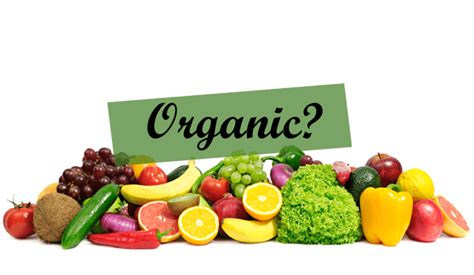Tips for Recognizing Fake Organic Foods
In today’s world, where consumers are increasingly conscious of their health and the environment, the demand for organic foods has skyrocketed. However, with the growing popularity comes a rise in fraudulent practices, leading to counterfeit organic products flooding the market. Distinguishing genuine organic foods from imposters can be a daunting task, but with a keen eye and a little knowledge, you can navigate this complex landscape and make informed choices.
This comprehensive guide will equip you with the necessary information to identify fake organic foods and ensure you’re truly getting what you pay for. We’ll delve into various aspects, such as labeling regulations, certification bodies, common red flags, and practical tips for verification. So, let’s embark on this journey to uncover the truth behind organic claims and safeguard your health and well-being.
Let’s explore some common questions and challenges consumers face when trying to identify genuine organic products:
What Are the Key Indicators of Fake Organic Food?
Identifying fake organic foods can be tricky, but there are some key indicators to watch out for. These include:
- Missing or Misleading Certifications: Look for reputable organic certification labels from recognized organizations. Be wary of products claiming to be organic without any certification or with certifications from unknown bodies.
- Unrealistic Claims and Price Points: Beware of products touting «100% organic» or «all-natural» with suspiciously low prices. Organic food production often involves higher costs, so significantly lower prices may suggest fraudulent practices.
- Unnatural Ingredients and Additives: Organic foods should be free from synthetic pesticides, herbicides, and genetically modified organisms (GMOs). If you notice unusual or synthetic ingredients, especially preservatives, colors, or flavors, it could be a red flag.
- Inconsistent Labeling: Pay attention to inconsistencies in the labeling. For example, if the packaging mentions «organic» but the ingredients list includes non-organic components, it could be a deceptive tactic.
Let’s examine these indicators more closely to understand their significance:
Certification Labels:
Certified organic labels are crucial for verifying authenticity. Reputable certification bodies adhere to strict standards and undergo thorough inspections to ensure farms and processing facilities meet organic criteria. These labels typically include a logo, certification number, and contact information for the issuing body. Look for well-established and recognized organizations, such as:
- USDA Organic: In the United States, the USDA Organic seal is widely trusted. It signifies that the product meets the National Organic Program standards.
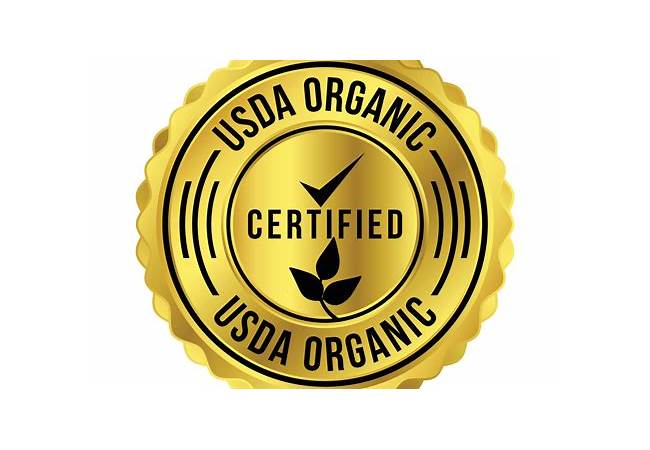
- EU Organic: The European Union (EU) has its own organic certification system, which is recognized globally. The EU organic logo is often displayed on products complying with these standards.

- Other International Certification Bodies: Various other organizations offer organic certifications, including those focusing on specific regions or agricultural practices. Research the specific certification body and ensure its credibility and adherence to rigorous standards.
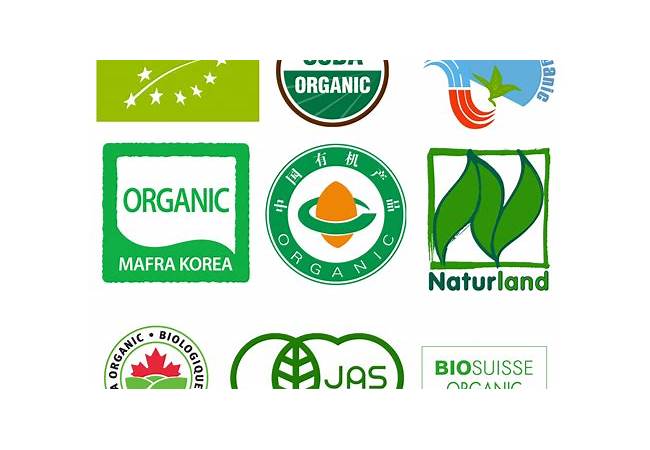
Unrealistic Claims and Price Points:
Organic farming practices are typically more labor-intensive and sustainable, resulting in higher production costs. Be skeptical of products claiming to be organic but priced significantly lower than conventional counterparts. This price difference might suggest the use of cheaper, non-organic ingredients or a disregard for genuine organic standards.
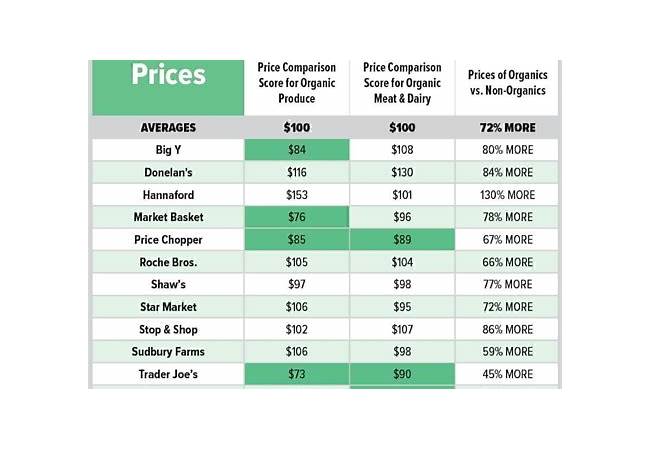
Unnatural Ingredients:
Organic food production prohibits the use of synthetic pesticides, herbicides, and GMOs. The ingredients list should be free from these substances. Check for additives like artificial colors, flavors, and preservatives, as they often indicate non-organic practices. For instance, if you see the phrase «natural flavor,» it may not necessarily imply organic origins.
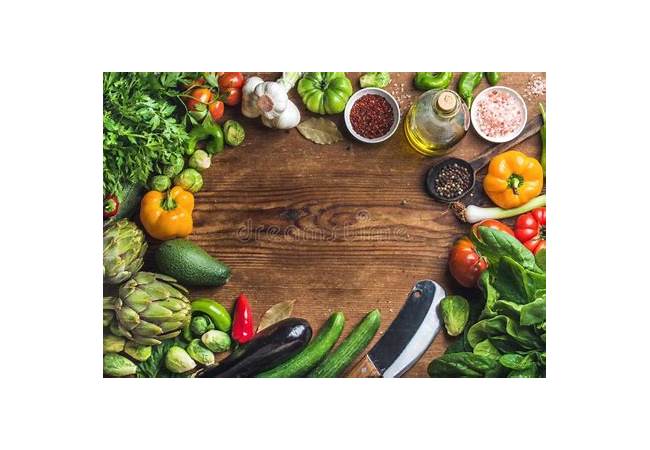
Inconsistent Labeling:
Pay close attention to the labeling for any discrepancies or inconsistencies. For example, if a product boasts «organic» on the front but its ingredients list includes non-organic items, it’s likely a deceptive practice. Look for a consistent use of the term «organic» throughout the packaging, including the ingredients list and product description.
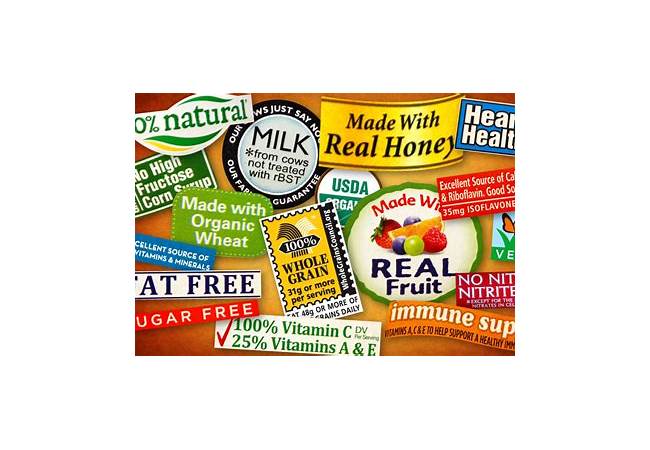
How Do I Verify the Organic Certification of a Product?
Once you’ve identified a product claiming to be organic, it’s essential to verify its certification. You can do this by:
- Checking the Certification Label: Look for a recognizable organic certification logo with a clear certification number. If the label is missing or unclear, consider avoiding the product.
- Contacting the Certification Body: If you’re unsure about a specific certification body, contact them directly to inquire about the product or farm’s certification status. Reputable organizations will be transparent and readily provide information.
- Researching Online: Websites of certification bodies often have databases or search functions where you can verify the authenticity of a product or farm. This allows you to double-check the information provided on the label.
What Are the Common Red Flags to Watch Out For When Buying Organic Food?
Be wary of these common red flags that often signal fake organic products:
- Unverified or Unclear Certification Claims: If a product claims to be organic without any certification or with certifications from unknown or non-credible bodies, it should raise suspicion. Stick to products certified by reputable organizations.
- Excessively Low Prices: While organic food can be more expensive than conventional options, be cautious of products significantly cheaper than their non-organic counterparts. This might indicate the use of non-organic ingredients or fraudulent practices.
- Implausible Ingredients or Sourcing: If a product lists uncommon or unusual ingredients or claims to be sourced from countries or regions not known for organic agriculture, it could be a red flag. Always research the origin and sourcing of the ingredients.
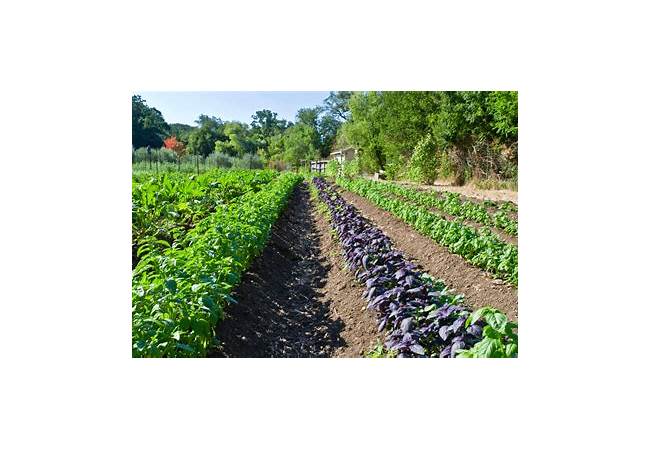
- Unclear Packaging or Labeling: Watch out for inconsistent or misleading labeling, such as products claiming to be organic but with a lack of detailed information about the farming practices, ingredients, or certification body.
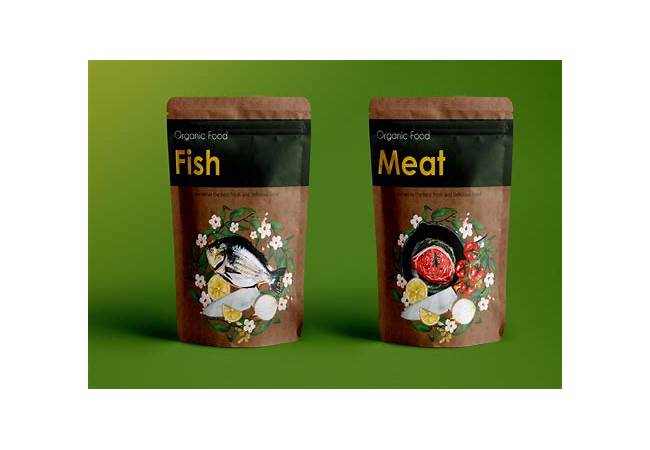
Why Should I Care About Recognizing Fake Organic Foods?
The implications of consuming fake organic foods go beyond simply being misled about the origin and production methods. Here’s why it matters:
- Health Risks: While organic farming practices aim to minimize exposure to harmful chemicals, fake organic products may contain pesticides, herbicides, or GMOs, compromising your health and well-being.
- Environmental Concerns: Organic farming prioritizes environmental sustainability. By purchasing fake organic products, you might unknowingly support practices that harm the environment, such as excessive pesticide use or deforestation.
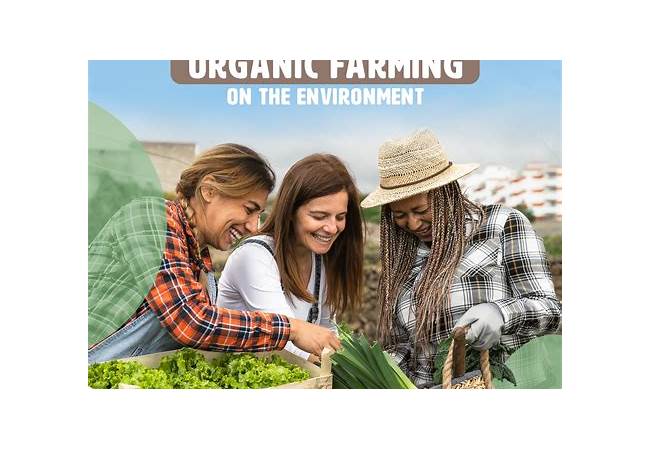
- Economic Impacts: The demand for organic foods creates opportunities for farmers and businesses committed to sustainable agriculture. Purchasing fake organic products can undermine the efforts of legitimate organic producers and compromise the market for authentic organic goods.
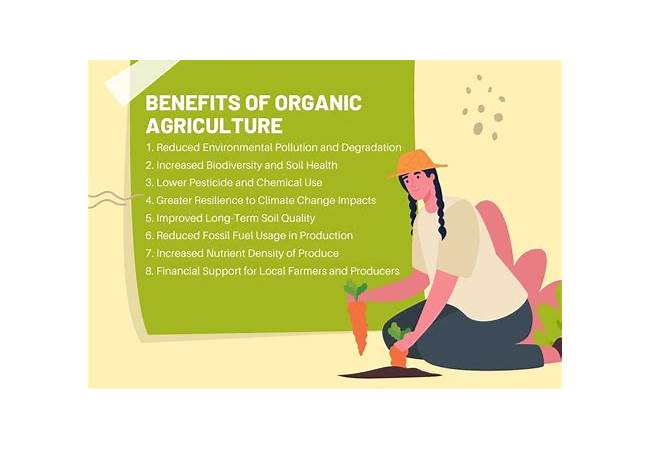
What Are Some Practical Tips for Recognizing Fake Organic Foods?
Incorporate these tips into your shopping habits to help you discern genuine organic products:
- Familiarize Yourself with Organic Certification Logos: Learn to recognize the logos of reputable organic certification bodies, such as the USDA Organic seal or the EU Organic logo. This will make it easier to spot authentic organic products.
- Read Labels Carefully: Pay close attention to the ingredients list, certification claims, and other details on the packaging. Look for inconsistencies or misleading information that might indicate a fake organic product.
- Compare Prices: While organic food can be more expensive, be skeptical of products with significantly lower prices than conventional counterparts. This might suggest the use of non-organic ingredients.
- Shop at Reputable Stores: Opt for grocery stores, farmers markets, or online retailers known for their commitment to organic products and rigorous quality control measures.
- Ask Questions: Don’t hesitate to ask store employees, farmers, or producers about their organic practices, certifications, and sourcing. They can provide insights into the authenticity of their products.
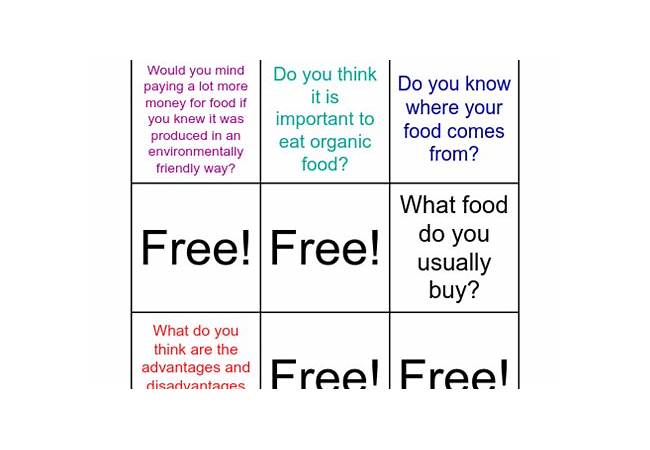
What Are Some Additional Resources to Help Me Recognize Fake Organic Food?
Beyond this guide, various resources can enhance your ability to identify genuine organic foods:
- Websites of Organic Certification Bodies: Visit the websites of reputable organic certification organizations to learn about their standards, inspection processes, and how to verify the authenticity of products.
- Consumer Advocacy Groups: Organizations like the Organic Consumers Association provide information on organic food production, labeling, and consumer protection.
- Online Forums and Communities: Engage with online forums and communities dedicated to organic food and sustainable agriculture to learn from other consumers and experts.
How Can I Help Prevent the Spread of Fake Organic Foods?
Being a discerning consumer is crucial in combating the spread of fake organic foods. By making informed choices and raising awareness, you contribute to a more ethical and sustainable food system:
- Share Your Knowledge: Inform your friends, family, and community about the importance of recognizing fake organic foods and the impact on health, the environment, and the economy.
- Support Legitimate Organic Producers: Patronize farmers markets, local farms, and businesses committed to organic practices. Their efforts help maintain the integrity of organic agriculture.
- Report Suspicious Products: If you encounter products with misleading labels or certifications, report them to the relevant authorities or certification bodies. This helps hold companies accountable and protect consumers.
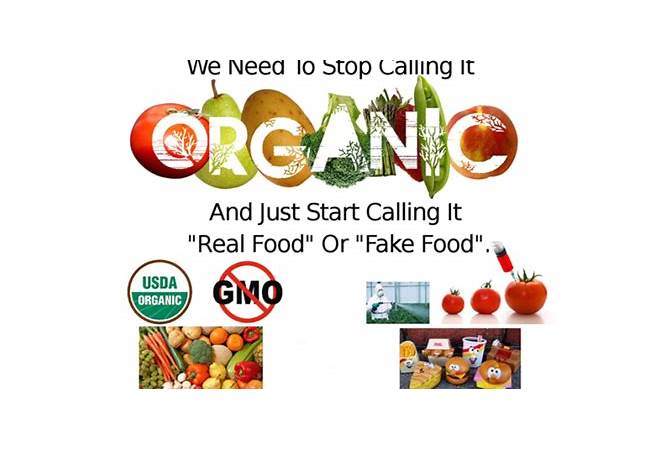
By taking an active role in verifying organic claims and supporting authentic organic producers, you contribute to a more ethical and sustainable food system.
Table Summarizing Information in the Article:
| Indicator of Fake Organic Food | Description | What to Do |
|---|---|---|
| Missing or Misleading Certifications | Look for reputable organic certification labels from recognized organizations. Be wary of products claiming to be organic without any certification or with certifications from unknown bodies. | Verify the certification body’s credibility and ensure it adheres to rigorous standards. |
| Unrealistic Claims and Price Points | Beware of products touting «100% organic» or «all-natural» with suspiciously low prices. Organic food production often involves higher costs, so significantly lower prices may suggest fraudulent practices. | Compare prices with similar organic products from reputable sources and research the production methods and costs associated with organic farming. |
| Unnatural Ingredients and Additives | Organic foods should be free from synthetic pesticides, herbicides, and genetically modified organisms (GMOs). If you notice unusual or synthetic ingredients, especially preservatives, colors, or flavors, it could be a red flag. | Check the ingredients list for any synthetic ingredients or additives. Research the meaning of terms like «natural flavor» to ensure it aligns with organic standards. |
| Inconsistent Labeling | Pay attention to inconsistencies in the labeling. For example, if the packaging mentions «organic» but the ingredients list includes non-organic components, it could be a deceptive tactic. | Ensure the term «organic» is used consistently throughout the packaging, including the ingredients list and product description. |
Frequently Asked Questions
What are the benefits of buying organic foods?
Organic foods offer several advantages, including:
- Reduced exposure to harmful chemicals like pesticides and herbicides.
- Support for sustainable farming practices that protect the environment.
- Potential for increased nutritional value and antioxidant content.
Where can I find reliable organic products?
You can find certified organic products at:
- Farmers markets
- Specialty grocery stores
- Online retailers specializing in organic foods
- Directly from organic farms
How can I tell if a product is really organic?
Look for a reputable organic certification logo on the product label. Check the ingredients list for any synthetic additives or non-organic components. Research the certification body and its standards.
Are organic foods worth the extra cost?
Whether or not organic foods are worth the extra cost depends on your individual priorities and budget. Consider the potential health benefits, environmental impact, and support for sustainable agriculture.
What is the difference between organic and natural?
Organic refers to a specific set of standards for agricultural production that prohibits the use of synthetic pesticides, herbicides, and GMOs. Natural can be a broader term that doesn’t necessarily meet these strict standards.
Are there any drawbacks to buying organic foods?
While organic foods offer benefits, potential drawbacks include:
- Higher prices
- Limited availability of certain products
- Potential for shorter shelf life due to the absence of synthetic preservatives
What are some tips for buying organic foods on a budget?
You can save money on organic foods by:
- Purchasing in-season produce
- Shopping at farmers markets
- Buying bulk quantities when possible
- Prioritizing organic staples like fruits, vegetables, and grains.
